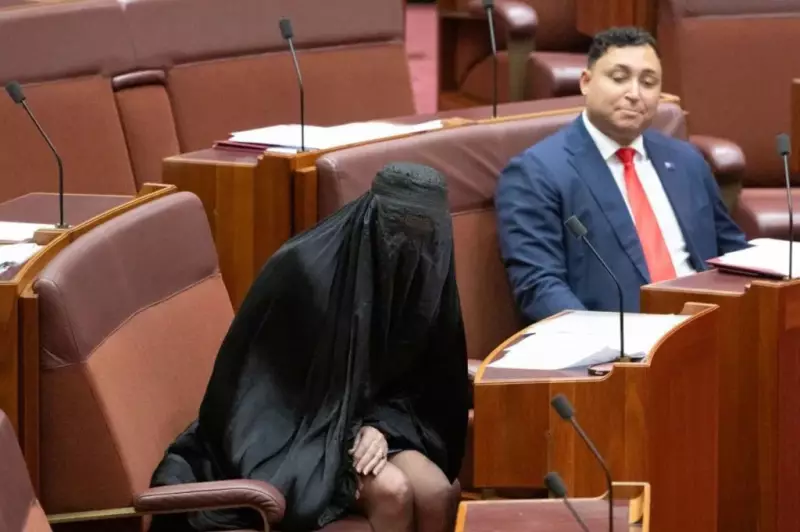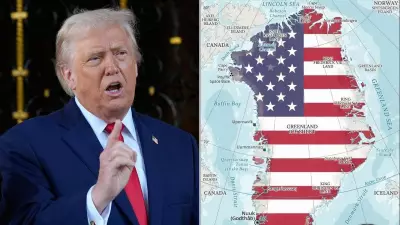
Senator Pauline Hanson has ignited a political firestorm with controversial comments about the burqa made during a heated Senate debate. The One Nation leader's remarks have drawn immediate and widespread condemnation from across the political spectrum.
Senate Chamber Controversy
During a parliamentary session focused on national security legislation, Senator Hanson stood to deliver remarks that quickly escalated into a broader cultural commentary. She described the burqa as "oppressive" and questioned its place in Australian society, arguing that the garment represented values incompatible with Australian culture.
The timing of her comments proved particularly contentious, coming during debate on legislation intended to strengthen national security measures. Other senators immediately expressed their discomfort, with several government and opposition members interjecting to challenge her assertions.
Bipartisan Backlash
The response from political leaders was swift and unequivocal. Government ministers joined with opposition counterparts in condemning the remarks, creating a rare moment of bipartisan agreement. Multiple senior figures described the comments as divisive and damaging to social cohesion.
Attorney-General Mark Dreyfus led the government's response, stating that such rhetoric undermined Australia's multicultural society. "We are a nation that respects religious freedom and cultural diversity," he emphasized during a press conference following the incident.
Opposition leader Peter Dutton also distanced his party from Hanson's remarks, noting that while national security remained paramount, blanket criticisms of religious attire were unhelpful. The coordinated response highlighted the significant concern about the potential social impact of such comments.
Community Reactions and Consequences
Muslim community organizations have expressed deep concern about the potential fallout from the controversy. Several groups noted that such comments often lead to increased discrimination and harassment against Muslim women who choose to wear religious attire.
Community leaders have called for calm and understanding, emphasizing that Australian Muslims contribute positively to society across all sectors. They pointed to the importance of respectful dialogue about cultural differences rather than divisive rhetoric.
The incident has renewed discussions about the boundaries of political speech and the responsibility of elected officials to promote social harmony. Political analysts suggest the controversy may have broader implications for One Nation's political standing and could influence upcoming policy debates around multiculturalism and integration.
As the fallout continues, attention turns to whether formal parliamentary censure might follow and how the incident will affect ongoing discussions about national identity and cultural diversity in Australia.





